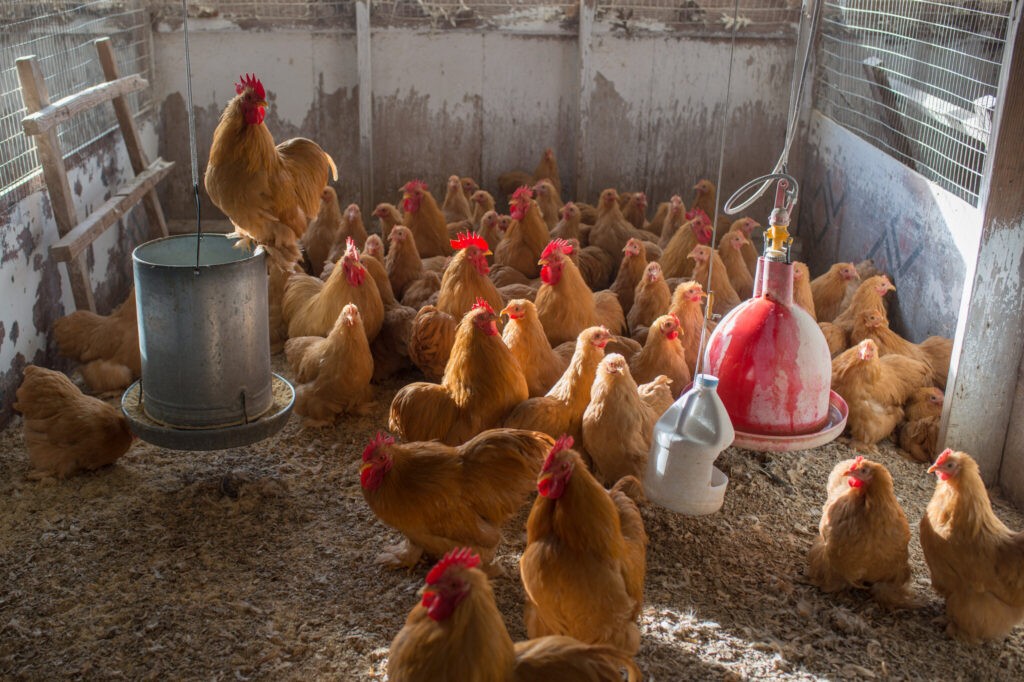16/10/2023
16/10/2023

NEW YORK, Oct 16, (Agencies): In a significant breakthrough, scientists have developed gene-edited chickens with partial resistance to bird flu. Although these birds are not entirely immune, the research indicates that it might be possible to achieve full virus resistance within the next three years. This development marks a promising step forward in addressing avian influenza, which has been a severe threat to both poultry and wild bird populations.
The researchers pinpointed three key genes they believed were essential for the avian influenza virus to replicate within chickens. Using gene editing techniques, they made slight modifications to one of these genes. As a result, the modified chickens showed increased resistance to bird flu without any adverse side effects. However, it's worth noting that they were not completely immune, with half of the infected chickens still developing the infection when exposed to a high virus dose.
While partial resistance is a positive step, it is essential to develop a solution that grants complete immunity to be practical. Any intervention offering only partial resistance could potentially encourage the virus to adapt and evolve, raising the risk of a human pandemic should it develop a mutation making it harmful to humans.
However, Professor Mike McGrew from the Roslin Institute is optimistic. He explains that laboratory experiments have demonstrated that by editing all three genes simultaneously, it might be possible to create fully resistant birds. Such edits prevented any viral replication, offering full protection.
Gene editing involves precise alterations to DNA to modify gene function. In this case, the researchers made changes to three genes to hinder bird flu replication without harming the chickens. The next phase of their research involves identifying additional genetic changes necessary to produce gene-edited chickens with full immunity.
Bird flu poses a global threat, affecting both farmed and wild bird populations. In the UK, the current outbreak of H5N1 bird flu has devastated seabird populations and resulted in significant financial losses for the poultry industry, estimated at over £100 million.
It's worth noting that gene editing research is not limited to disease resistance; efforts are underway to create gene-edited animals that are more productive and less prone to diseases. Legislation permitting the commercial development and sale of gene-edited food has been passed in Parliament, opening the door for the use of such animals. However, further parliamentary approval will be necessary to ensure animal welfare standards are met.
Critics argue that while gene editing may tackle the symptoms of diseases in farming, it doesn't address the root causes of animal diseases. They stress the importance of reforming poultry production practices to reduce stress and overcrowding, which can contribute to the emergence of highly pathogenic bird flu.


